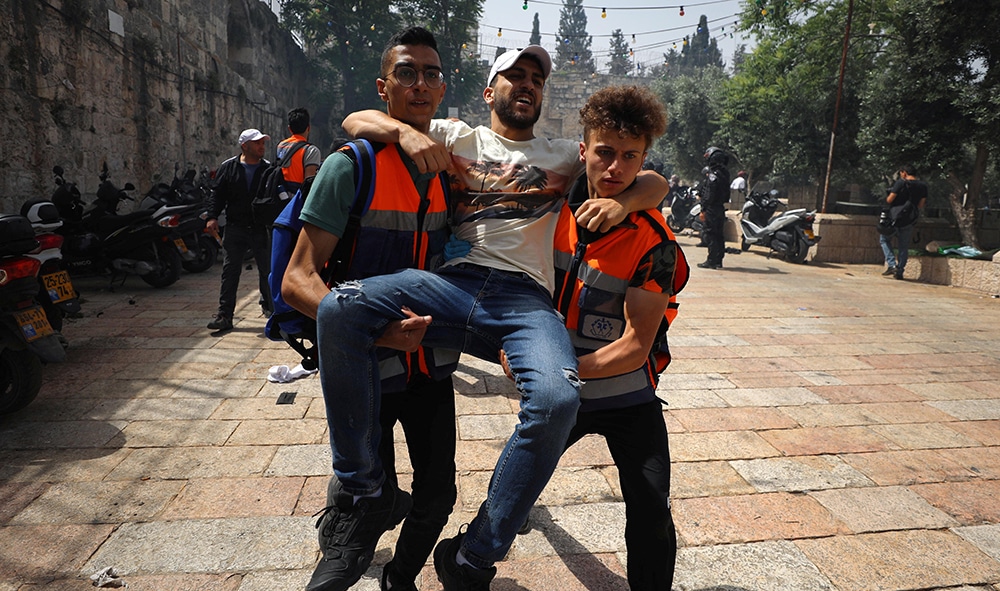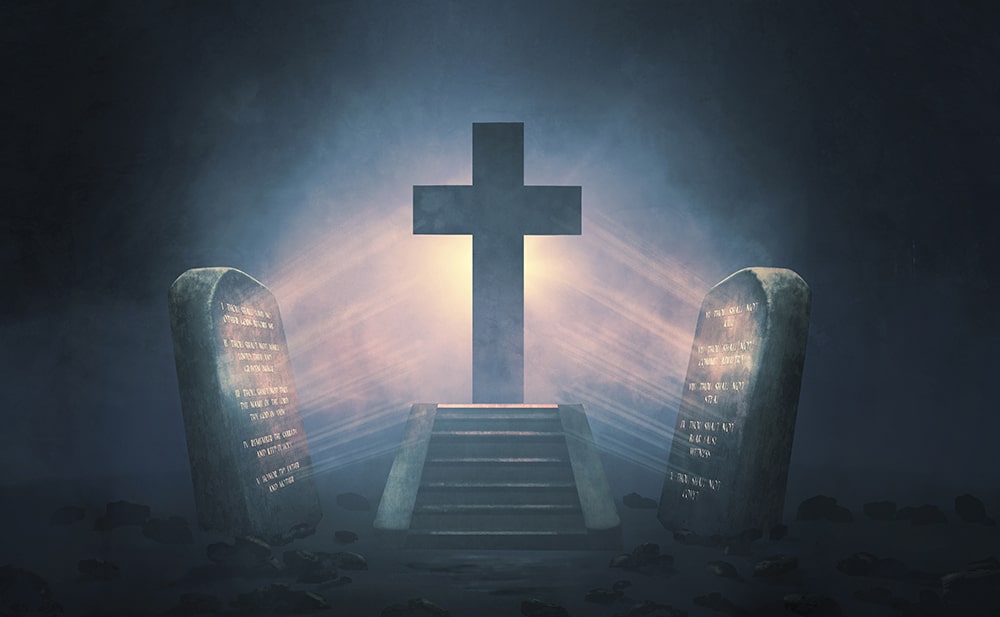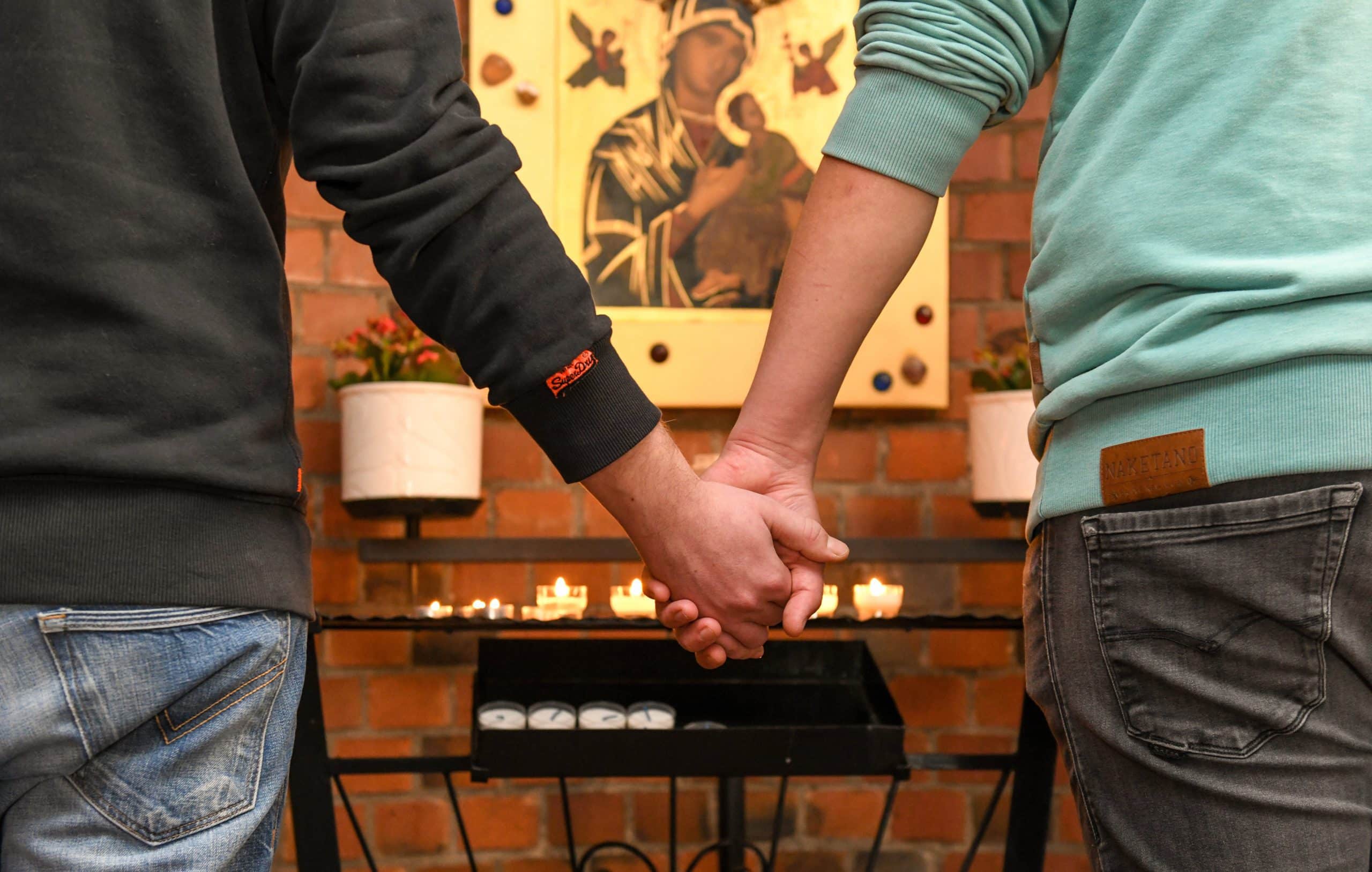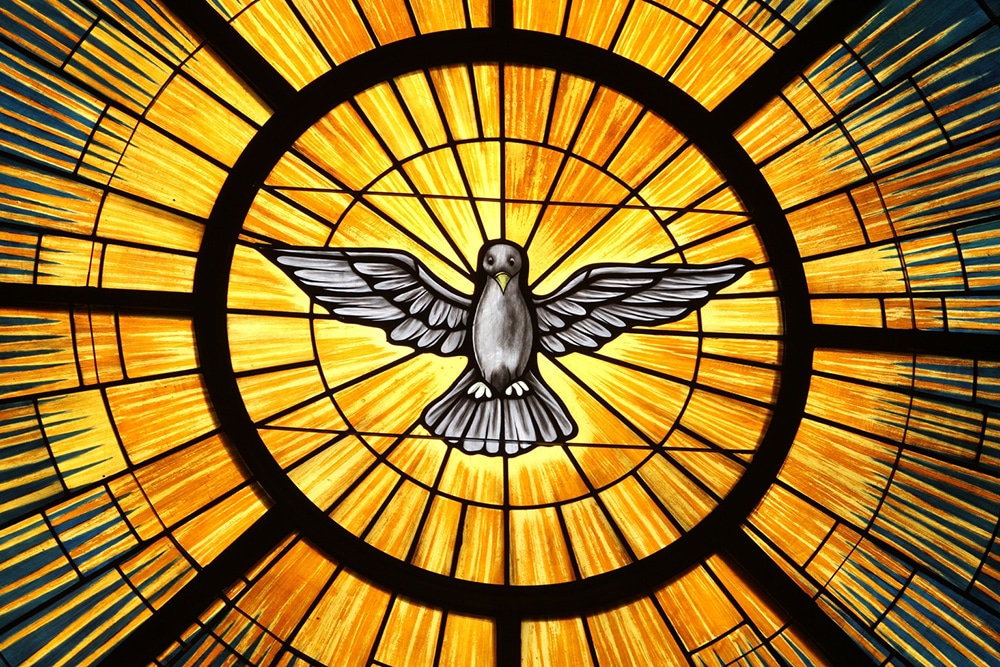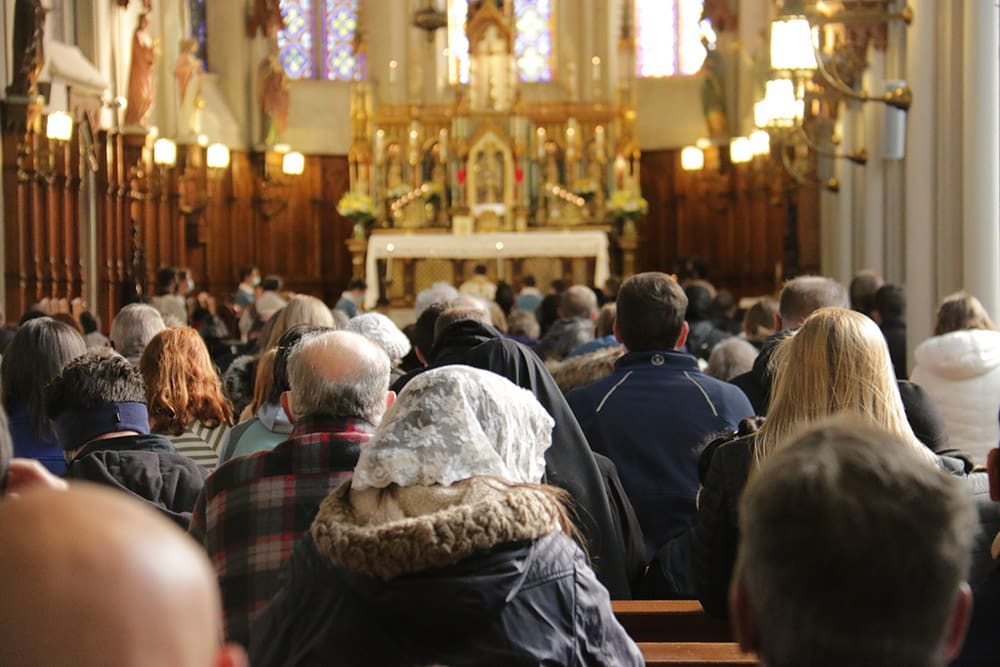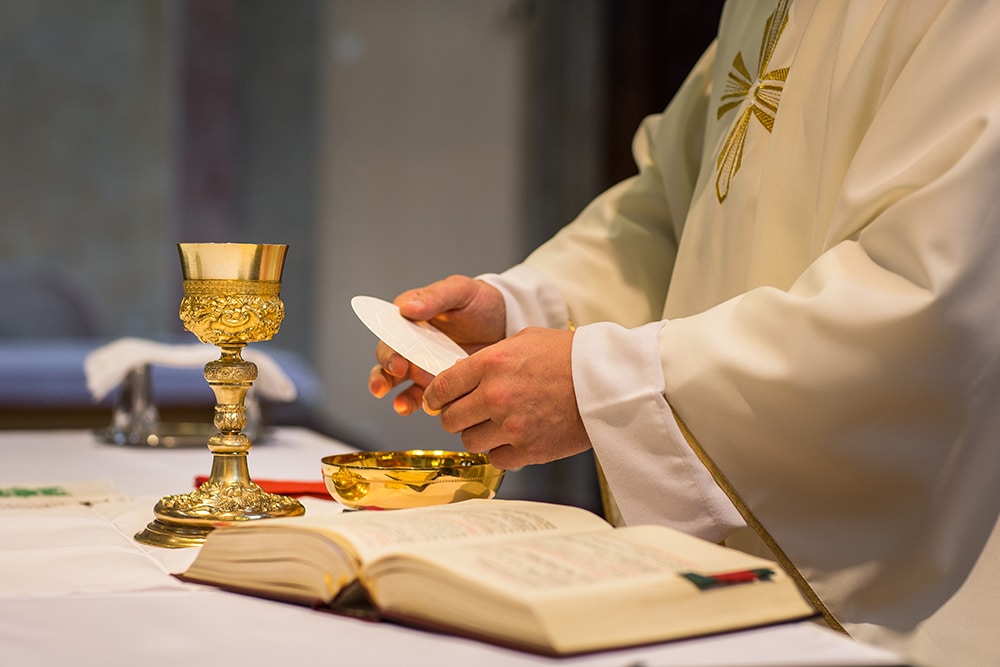 Here it comes again. Violence between Israelis and Palestinians once more has occurred. Tragically, it is nothing new. It is longstanding. Differences are deep. Feelings of anger, bitterness, despair, prejudice and fear abound.
Here it comes again. Violence between Israelis and Palestinians once more has occurred. Tragically, it is nothing new. It is longstanding. Differences are deep. Feelings of anger, bitterness, despair, prejudice and fear abound.
At the bottom line, two cultures fear that they will not survive, and both have demonstrated that they will fight to the death rather than give an inch. Twice in recent memory, hope for conciliation has come, after long meetings, followed by agreements, in Camp David, Maryland, led by former American President Jimmy Carter, and then, years later, in Oslo, Norway.
Those hopes have faded.
Christians and Muslims outside the area feel that their religious interests are at stake. Important shrines recall Christ and the Hebrew prophets, and Christians revere them. Muslims treasure their own shrines.
It primarily is not a question of geographic sites. Israelis live under a constant dark cloud, worrying that the next minute may bring doom upon some of them, and that the very existence of their country and way of life as a democratic Western society, and of Judaism itself, is at risk.
Palestinians live in a generally undefined status, experiencing control in so many places by Israeli law, enforced by the Israeli military, which is equipped by the United States in great part.
At Camp David, and later in Oslo, the goal was to respect, recognize, protect and secure both groups. The goals still are worth pursuing. Indeed, such has been the advice and the plea of recent popes.
The goals of Camp David and Oslo, however, are not everyone’s goals. Fears and self-interests die hard and slowly. Economically and militarily, Israel has long had the upper hand. For decades, American governments have tried to maintain somewhat of a balanced approach, but this has not been always truly even.
Certainly, in the eyes of many, the United States has seemed to favor the Israelis. Evidence of this favoritism, many believed, came dramatically forward when several years ago Washington decided to move the United States embassy to Israel from Tel Aviv to Jerusalem. Every major, democratic government on the planet, as well as the pope, implored the American authorities to rethink this step.
What difference did it make? It put the United States on the side of the Israelis versus the Palestinians, who claim Jerusalem as their city. It fanned the flames and fueled, among Palestinians, hatred of the United States, as so many warned would be the case. It accomplished nothing of value in the process of peace.
Catholic popes, from Pius XII to Francis, have fixed their opinions and statements on one central fact: human beings. Human beings, regardless of accidentals, such as nationality or religion, are entitled to certain rights, and no one can deny them these rights.
For this reason, the constant Catholic position, still much alive, has been that the Palestinians deserve respect, translated into economic and political realities, especially in the formation of a recognized, independent, sovereign nation of Palestine. By the same token, Israel deserves respect as a legitimate nation, secure in its own borders.
Serious, emotion-laded questions will have to be answered, such as to whom Jerusalem belongs. Israel must stop, altogether, its policy of “settlements” in Palestinian territory. Boundaries must be drawn and kept.
The special status of religion in both lands must be honored — the Christian, Jewish and Muslim holy places, all so treasured by their followers, who, as human beings, have the fundamental human right of pursuing their beliefs.
The popes have gotten it right. Focus on human beings. What is best for them — all of them?
Msgr. Owen F. Campion is OSV’s chaplain.

